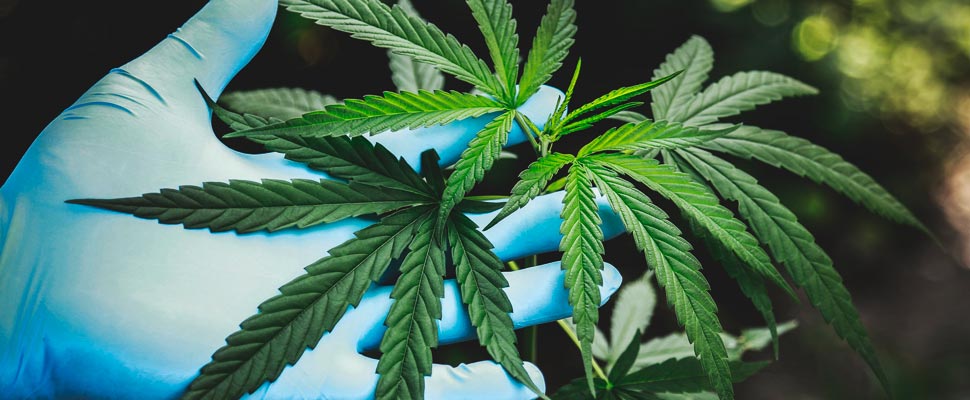CBD in Latin America: The Rise of a Multi-Billion Dollar Market
CBD has revolutionized the health and wellness industry in the United States and some other parts of the world.

Melissa Bradshaw
Listen to this article
In the US the sale of CBD products is so widely accepted that there are CBD deals all over the internet and even in walk-in shops. While this phenomenon has been relatively slower in Latin America, CBD is slowly but surely edging its way to acceptance by governments and populations. This region has the potential to be a game-changer for the CBD industry in terms of market share owing to its considerable population and a growing middle class with a disposable income.
Latin America has had a complicated history with drugs, which has informed some CBD’s policy decisions due to its relationship to cannabis. The CBD market in this continent is currently valued at $9.8 billion, and it is considered the second in readiness for the cannabis market.
Countries in Latin America and their CBD Legal Status
- Argentina: Allows CBD when prescribed by a doctor for medical purposes. The process requires that there be scientific evidence that CBD can help the condition. The user also needs to have a doctor prescribe it.
- Bolivia: CBD is completely illegal in this country
- Brazil: CBD is legal in the country but only for medical purposes. There is an institution in the country, known as Anvisa, which reviews applications on a case by case basis. The country only allows CBD for use by humans, which means it is prohibited for pets.
- Chile: CBD is legal for medical use when the user has a prescription from a recognized physician.
Also read: Colombia is still the world's biggest producer of cocaine
- Colombia: Everything from marijuana, including CBD, is illegal.
- Ecuador: CBD is illegal in this country.
- Guyana: It is illegal.
- Paraguay: It is legal for medical use by people with intractable conditions. Users can only access CBD if they have a certificate from a recognized physician. Unfortunately, you have to import CBD as it is illegal to grow industrial hemp in Paraguay.
- Peru: CBD is legal for medical use in the country. The product you use shouldn’t have more than 1% THC.
- Uruguay: It is legal for both medical and recreational use. The law requires that the THC content by 1% and below. The government also allows farmers to grow hemp to apply for a permit with the Ministry of Agriculture.
- Venezuela: It is completely illegal in the country.
Also read: Has the anti-drug policy failed?
From the above information, you notice that CBD is not as readily available in Latin America as it is in the United States. Even where CBD is legal, users still have to buy it online from other jurisdictions such as the United States. Such buyers can still get CBD deals from online sellers and get high-quality products. This is because the industry is not as developed in processing.
It is still a little difficult to grow hemp in these countries. There are some challenges with the regulatory frameworks, and the quality of hemp may be a bit of a problem. Countries that haven’t legalized the use of CBD or where there are strict limitations for use usually have a booming black market for CBD. This means that even the current $9.8 billion market is just a fraction of what the market could be with enabling laws for CBD.




